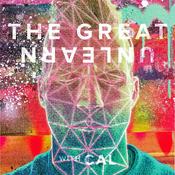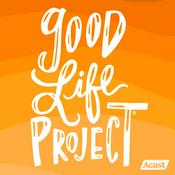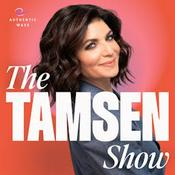0 episodes
More Education podcasts
Trending Education podcasts
About レアジョブ英会話 Daily News Article Podcast
レアジョブオリジナルの英会話ニュース教材です。世界の時事ネタを中心に、ビジネスから科学やスポーツまで、幅広いトピックのニュースを毎日更新しています。本教材を通して、ビジネスで使える実用的な英会話表現や英単語を身に付けることができます。
Podcast websiteListen to レアジョブ英会話 Daily News Article Podcast, Everyday Māori and many other podcasts from around the world with the radio.net app

Get the free radio.net app
- Stations and podcasts to bookmark
- Stream via Wi-Fi or Bluetooth
- Supports Carplay & Android Auto
- Many other app features
Get the free radio.net app
- Stations and podcasts to bookmark
- Stream via Wi-Fi or Bluetooth
- Supports Carplay & Android Auto
- Many other app features


レアジョブ英会話 Daily News Article Podcast
Scan code,
download the app,
start listening.
download the app,
start listening.


























